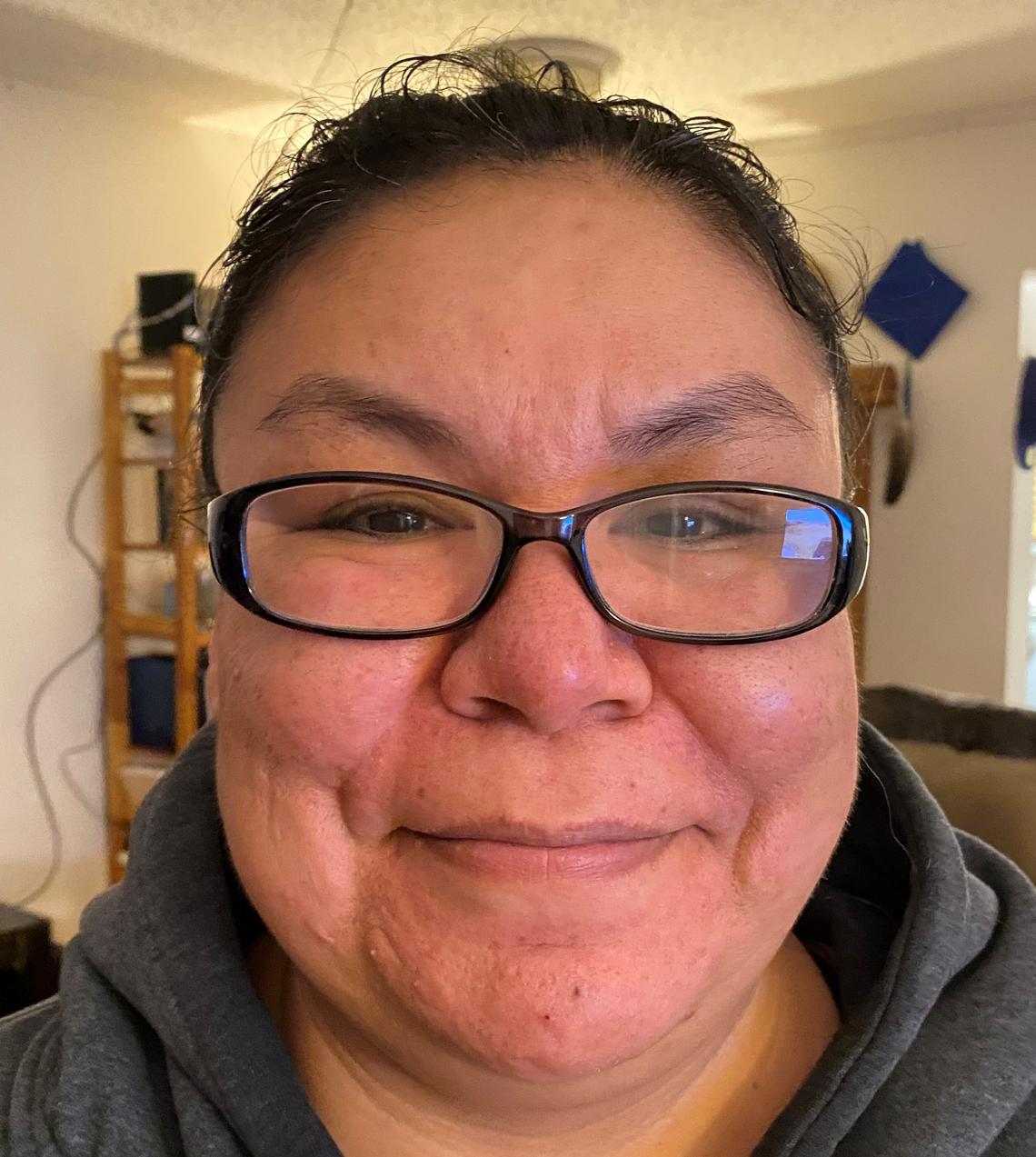Aug. 25, 2021
Applied research course promotes community-based solutions

INDG 502.4 Advanced Topics in Canadian Indigenous Studies: Applied Perspectives to Indigenous Research Projects brings together Indigenous and non-Indigenous students with Indigenous peoples, communities and non-governmental organizations. The course pilot was created and overseen by Dr. Adela Tesarek Kincaid, PhD’15, of UCalgary’s International Indigenous Studies program.
About the new Indigenous Studies course
The University of Calgary’s International Indigenous Studies (IIS) Program course is rooted in applied learning and designed to enable students to have a meaningful, hands-on learning experience while working on a project that they co-identify as important alongside an Indigenous community or organization. While the focus of the course is the applied learning experience, the power of the course is its ability to build allies.
In addition to identifying a community or organizational need, the course requires students to write a project proposal, work through approvals, and then support the organization with an applied learning experience, ensuring their project plan is implemented on time.
Benefits to Indigenous communities and organizations
Participating community partners benefit from a student-generated report that outlines strategies and tactics addressing an identified challenge. Students then work hands-on in an applied setting to implement the tactics of the plan for a defined period of time. Students benefit from a unique and meaningful work-integrated learning opportunity while partners receive researched strategies, tactics, and tools to overcome a challenge.
“I thought it would be valuable to build a senior level IIS course around Indigenous community-based experiential learning at UCalgary to provide Indigenous and non-Indigenous students in their last year with an opportunity to serve Indigenous communities and organizations,” says Kincaid, who ran a similar program when working in the interior of B.C. “I want students to apply their leadership skills and prepare them for professional engagement with organizations. The student project results exemplify the benefits of an Indigenous Studies degree.”
The first Advanced Topics in Canadian Indigenous Studies: Applied Perspectives to Indigenous Research Projects course was offered in winter 2021. According to Kincaid, it was tricky executing the projects online during COVID-19, but, overall, “students and involved organizations shared that they had an overwhelmingly positive experience.”
Reflections from participants
Susan Arlidge, BSc’91, BEd’91, from UCalgary’s Biogeoscience Institute, operates the Barrier Lake field station near Kananaskis Country and this past term had two students conducting research on successfully implementing its first-ever community garden that is planted to grow medicinal and nutritional plants.
“The Biogeoscience Institute works closely with many Treaty 7 Nations and so we need to develop interpretive content that tells important stories about the site we work on and the medicinal plants we grow — as well as many of the traditional plants we grow for nutrition,” says Arlidge. “Students helped us look at how we use language and cultural protocols to tell our stories. They bring an educated perspective and fresh eyes to see the potential for creating authentic learning experiences for all visitors.”

UCalgary’s Biogeoscience Institute was one of the class partners.
During last year’s winter term, Leanne Omeasoo from the Ermineskin Cree Nation of Maskwacis worked with the Biogeoscience Institute to develop cultural protocols for interpretive content, using her own experience as an Indigenous woman to build connections with other communities.

Leanne Omeasoo was a part of the class. Her project focused on language and culture.
In her research, Omeasoo found that before any work with plants could be initiated relationship-building between this Indigenous community and the Biogeoscience Institute would require creating an integral foundation. The initial focus on cultural plant research shifted towards relationship development, which was understood to be critical before any work could be initiated in order to adhere to proper Indigenous cultural protocol. Appropriate relationship establishment with specific Knowledge Keepers was an important first step before any community work, and this includes applying the cultural 4Rs (relationship, respect, reciprocity, and responsibility) to all relationships. This perspective extends to relationships with plants, too.
Following the success of her research and her work on the community garden, Omeasoo is now in the process of working with her own community to create a similar garden project. “This course taught me how to identify a challenge, implement a plan to address it and how to articulate ideas to improve a project’s design. It was a motivating experience,” she says. “In fact, it was such a motivating experience that I have taken the learnings I got from the course and am using them to take steps to benefit my own community.”
Partners
A number of internal and external partners worked with students in the past term, including:
- Research on Indigenous Maternal Health. Project advisor: Dr. Jennifer Leason, PhD
- Fridays for Future (advocacy for climate action/change). Project advisor: Chase Cardinal
- Indigenous Student Access Program. Project advisor: Reagan Markwell
- Ecotrust. Project advisor: Simon Irving
- Taylor Institute for Teaching and Learning – Indigenous Ways of Knowing. Project advisor: Dr. Gabrielle Lindstrom, PhD
- Biogeoscience Institute. Project advisor: Susan Arlidge
- Office of Sustainability Indigenous Students’ Circle. Project advisor: Jaryd Winslowand Hannah Pilat
The course will again be offered in the winter 2022 term and INDG 415 will be offered in the fall 2021 term where students will prepare project proposals that can be completed in INDG 502. Both courses are open to all UCalgary students.




